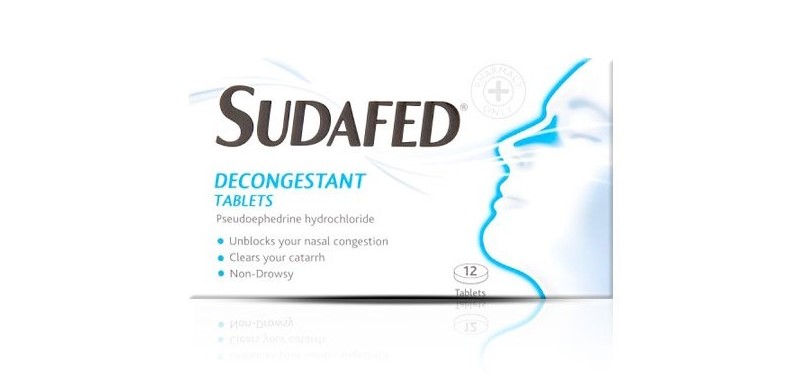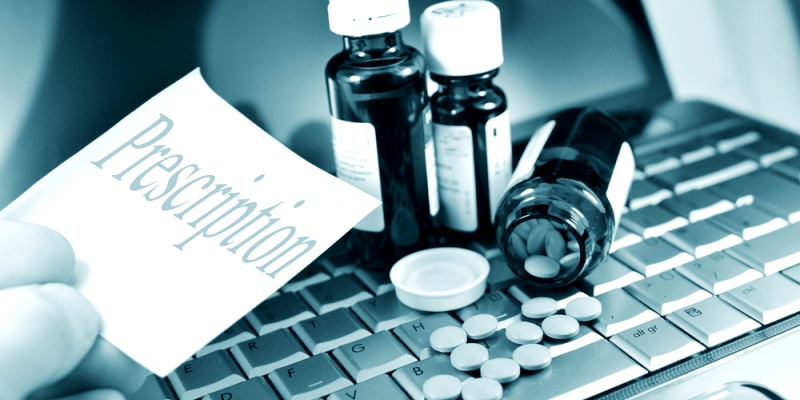Decongestants are a sort of medicine that can offer you short-term relief from a runny or blocked nose (nasal congestion) caused by allergies.
GPs or pharmacists often advise decongestants to ease the signs and symptoms of common conditions such as hay fever, colds & flu, and other allergic reactions.
They work by bringing down the swelling of the inflamed blood vessels in one of your respiratory parts, the nose, which helps unblock the airways.
Decongestants are usually available as –
- Tablets or capsules
- Nasal Sprays
- Liquids or syrups (for kids)
- Flavoured powders to dissolve in warm water
Most decongestants are available over-the-counter from your pharmacy without a prescription. Some decongestants are available in combination with anti-histamines and/or painkillers.
Usage of Decongestants
Most decongestants are ought to be used at least three to four times a day. Make sure you check the patient information leaflet for advice about how often to use it and how much to take it. If you are not sure about the usage of decongestants, don’t hesitate to check with your GP.
Decongestants nasal sprays should not be used for more than a week. That’s because using decongestants for more than a week can aggravate your nasal congestion. Talk to your GP if your symptoms fail to improve even after using decongestants for prescribed duration.
Probable Side Effects
Usually, decongestants do not have side effects if used appropriately. Even if you experience them, they are mild and subside after some time. Probable side effects include nasal irritation, headache, dry mouth, sore throat, feeling restless and feeling sick. These side effects often subside after the completion of treatment. Serious side effects such as skin rashes, breathlessness and hallucinations may occur in rare cases.
Drug Interactions
Before using decongestants, it is highly recommended that you seek advice from your GP, especially if you are taking any other medicines. Oral decongestants can alter the effect of certain medications. For instance, if you take oral decongestant such as Sudafed Decongestant Tablets while you are already under treatment with depression medicines, you are more likely to have low blood pressure.
It is always recommended to use oral or nasal decongestants after consulting your GP or pharmacist.



















